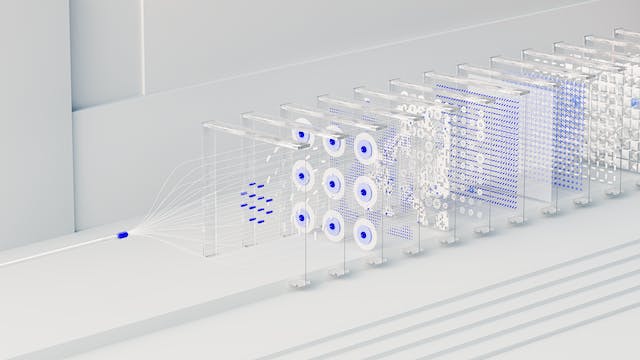When it comes to business management, every organization is different. However, certain practices are common to most successful organizations. One such practice is using an Enterprise Resource Planning (ERP) system.
What Is An ERP System?
An ERP system is a comprehensive software solution that helps businesses manage all aspects of their operations, from finance and accounting to inventory and manufacturing. ERP systems are designed to provide visibility into all business areas so that managers can make informed decisions about where to allocate resources.
Many ERP vendors are in the market, but not all systems are created equal. To find the right system for your organization, you need to understand the key features and capabilities that distinguish a good ERP system from a great one. Here are some crucial characteristics to look for in an ERP system:
1. Comprehensive Functionality
One essential characteristic to look for when searching for an ERP vendor is comprehensive functionality. According to a reputable Acumatica reseller, the ideal vendor should offer you a system that can handle all your business needs in one place. This can save you time and money because you don’t have to buy multiple software systems.
In addition, a comprehensive ERP system can provide you with valuable insights into your business operations. By centralizing all your data, you get a clear picture of where the bottlenecks are and how to improve your overall efficiency. You don’t have to switch between multiple software systems to get a complete picture of your business. That’s what makes comprehensive functionality so valuable to any business.
2. Flexible Deployment Options
Another vital characteristic of an ERP vendor is flexible deployment options. You should be able to choose how you want to deploy your ERP system, whether it’s on the premises, into the cloud, or a hybrid of both.
The appropriate deployment option for you will depend on your specific business needs. For example, if you have a lot of sensitive data that you need to keep secure, an on-premises deployment might be the best option. If you want a more scalable solution, the cloud might be better.
No matter what your needs are, make sure you choose a vendor that can offer you a deployment option that meets them.
3. Customization Options
In addition to flexible deployment options, you should also look for an ERP vendor that offers customization options. As businesses grow and change, their ERP systems need to be able to adjust accordingly.
A good vendor will offer you a customizable system to meet your specific business needs. For example, if you’re a manufacturing company, you’ll want an ERP system designed specifically for manufacturing organizations.
Don’t settle for an off-the-shelf solution. Instead, choose a vendor that can provide you with a system that can be customized to meet your unique needs.
5. Excellent Support
Support is a crucial characteristic to look for when considering an ERP vendor. Here’s why:
An ERP system is a complex management solution that touches nearly every aspect of your business. As your business expands, your ERP system should grow with it. That’s why it’s advisable to have a vendor that can provide comprehensive, world-class support.
A good vendor will have a team of expert business system consultants familiar with your specific industry and business needs. They should be able to provide guidance and advice on how to get the most out of your ERP system. They should also be responsive to your inquiries and concerns and available 24/7.
Don’t underestimate the importance of technical support, as it’s one of the most important characteristics to look for when choosing an ERP vendor.
5. Ease Of Use
Although hiring an IT consultant is recommended when installing an ERP system, it’s not always necessary. An ERP system should allow non-technical users to understand and use the system with ease. A well-designed ERP system will have a graphical user interface (GUI) that uses familiar icons and symbols that users are accustomed to seeing in other software applications.
The screens in an ERP system should be organized logically with drop-down menus to make data entry convenient. The data fields on each screen should be clearly labeled, and the instructions for using the screen should be easy to follow.
Navigation through an ERP system should be consistent from one screen to another so that users don’t get lost easily. Users should be able to access the information and tools they need quickly and easily without searching through multiple screens.
Ease of use is crucial because it reduces training time and costs, increases user satisfaction, and leads to higher levels of adoption. When users can navigate an ERP system with ease, they’re more likely to use it daily, which leads to better decision-making across the organization.
Final Word
These are some of the most important characteristics of an ERP system. By noting the factors mentioned above, you can be reasonably sure you’re choosing a system that meets your specific business needs.

